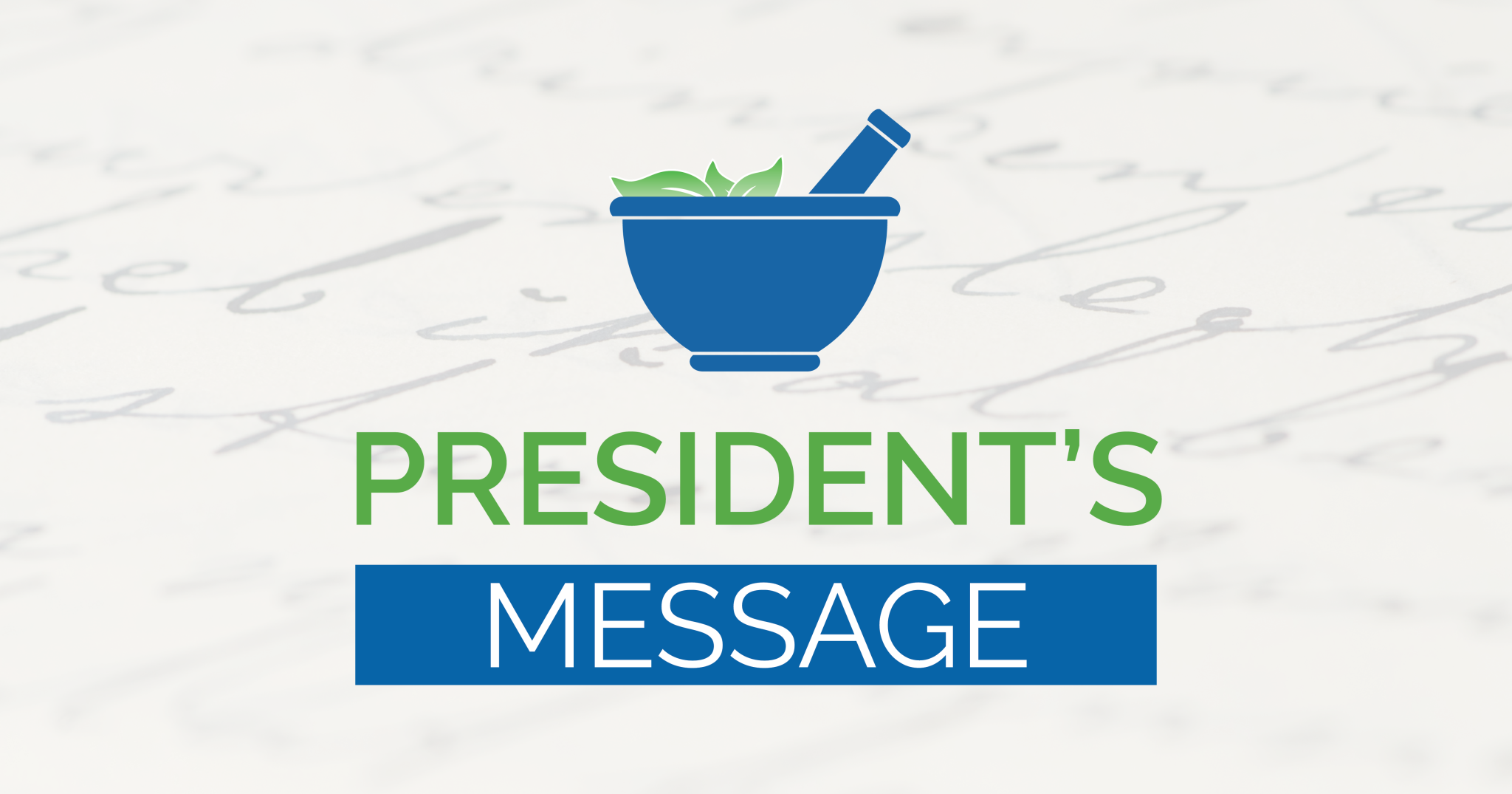The Homeopathic Pharmacopoeia of the United States

By Mark Land, MS, RAC-US, AAHP President
The Homeopathic Pharmacopoeia of the United States (HPUS) is the legal basis for marketing homeopathic drug products in the United States and many other countries around the world. The HPUS is officially recognized in the United States Federal Food Drug and Cosmetic Act and other United States laws. As such, the HPUS is considered an Official Compendium and drug substances referenced therein are officially recognized as drugs. AAHP Counsel Al Lorman takes a deeper dive into the legal basis and the role of the HPUS in his article in this issue.
The HPUS has been in continuous publication and revision since 1987. Originally published by the American Institute of Homeopathy (AIH). Today, the HPUS is published online and is continuously updated by multiple working committees of the Homeopathic Pharmacopoeia Convention of the United States (HPCUS).
The standards setting committees of the HPCUS include:
Council on Pharmacy (COP) |
Manufacturing standards |
Monograph Review Committee (MRC) |
Review of identity, safety, manufacturing, and testing of new and existing monographs |
Phamacopoeia Revision Committee (PRC) |
Review of clinical information of new and existing monographs |
Safety and Toxicology Committee (S&T) |
Review of the safety of new and existing monographs |
Standards and Controls Committee (S&C) |
Review of testing methods of new and existing monographs |
The HPUS publishes standards for identity, quality, safety, manufacturing and testing. These standards become the basis of activity within individual manufacturing facilities and the reference for regulatory inspections.
Drug GMPs require that all facilities manufacturing homeopathic drugs have access to the HPUS and reference its standards within manufacturing and testing procedures. All AAHP members are required to maintain a subscription to the HPUS.
The importance of the HPUS cannot be overstated for homeopathic manufacturing and marketing organizations.
